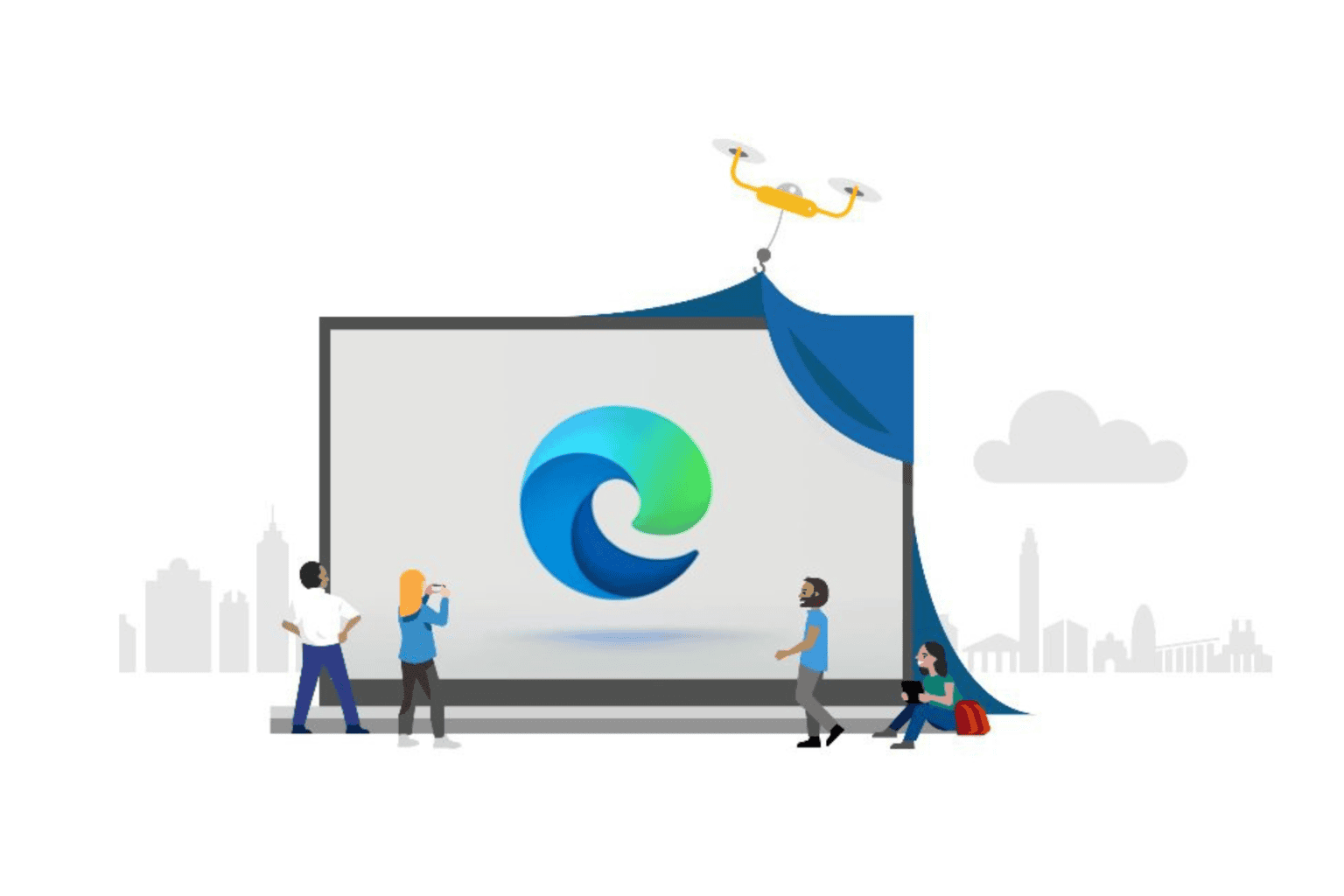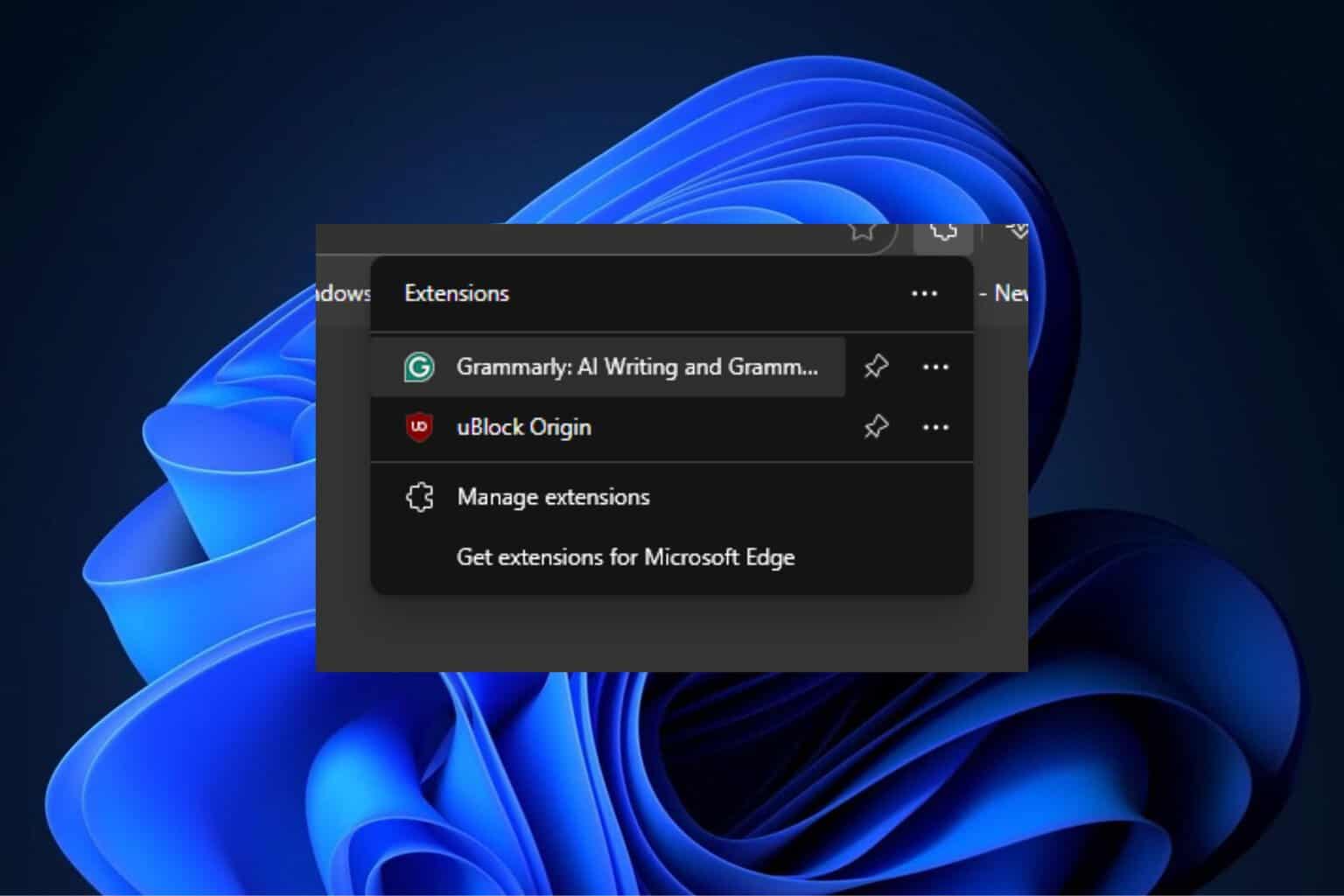Chrome on Windows ARM is getting Video Acceleration Boost and better battery life
Chrome on Windows ARM will run much faster.
2 min. read
Published on
Read our disclosure page to find out how can you help Windows Report sustain the editorial team. Read more

Google recently made a native ARM64 version of Chrome available, specifically optimized for Windows PCs with ARM processors. The company is now working to use the power of these processors for faster video encoding and improved battery life in Chrome.
With the native ARM64 version, Chrome runs faster and more efficiently on your Windows ARM PC, resulting in quicker loading of web pages and smoother interactions. Chrome continues to prioritize security, and the ARM64 version benefits from Chrome’s robust security features, protecting you from online threats.
Hardware Accelerated Video Encoding on Chrome for Windows ARM
Generally, video encoding in Chrome relies on the device’s central processing unit (CPU) to handle the task. While it works, CPU encoding can take longer, especially for high-resolution videos, and can consume more battery life.
A recent Chromium commit, “Enable MediaFoundationAcceleratedEncodeOnArm64,” spotted by Windows Report, indicates Google is enabling hardware-accelerated video encoding using Media Foundation Transforms (MFTs) on ARM64 devices instead of solely relying on CPU. This results in smoother video playback by offloading video processing tasks to your device’s hardware.
“Prior CLs have fixed most of the issues observed on Qualcomm hardware. The encoding rate control tests fail on current lab TryBot devices due to the actual bitrate being further off than the allowed tolerance. These failures are not observed on newer hardware (when run locally),” Google notes.
This shift towards hardware encoding using the ARM64 processor could lead to the following:
Faster Encoding: Videos might be encoded quicker, reducing waiting times after recording or editing within Chrome.
Improved Battery Life: Hardware encoding is generally more efficient than software encoding on the CPU, potentially saving battery power while processing videos.
These video processing improvements will be initially available in the Canary version of Chrome. They can be particularly useful for video editing on Windows ARM devices. Chrome lets users move the Tab Search feature to the right side and delete Google Password Manager data.









User forum
0 messages